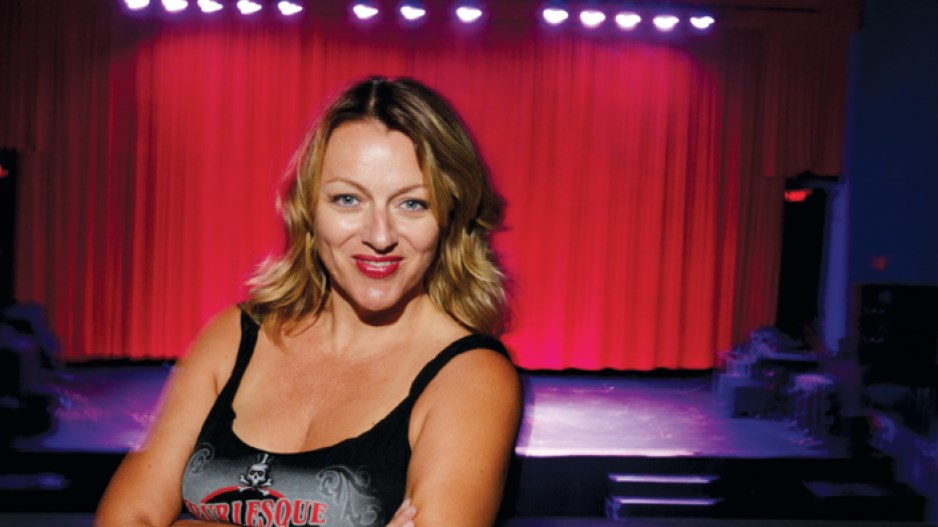Single-screen cinemas are a dying breed in cities and towns across North America, the victims of both multiplexes and on-demand viewing habits.
But a handful of British Columbia movie theatres are changing the traditional business model, programming live shows and events alongside camp classics, as well as traditional screenings.
At East Vancouver's Rio Theatre, staff T-shirts read “It's an experience you can't download.” The slogan sums up the ethos behind much of the theatre's programming, which includes hard-to-find horror movies, cult classics and art-house films.
The theatre encourages audience participation, such as a singalong Beyoncé dance party or serving the Dude's favourite drink (White Russian) at a screening of The Big Lebowski. Comedy and burlesque shows are also mainstays.
“It's not just going to a mall to see a movie,” said Rachel Fox, who programs events for the Rio. “It's independent and it's local and it's part of the fabric of the neighbourhood.”
While it's a tricky business for theatres in the big city to carve out a niche running second-run movies, it's even harder for single screens in small towns.
The Civic Theatre in Nelson, B.C., faced an uncertain future in 2011, but has fared better after being taken over by a non-profit society.
It, too, trades on its connection to the community and has run quirky events like in-costume movie screenings, an Internet cat video festival and a gathering of Volkswagen vans to coincide with a documentary about the same subject.
“The signature that we're trying to sell is that it's a Nelson theatre, it's community-owned,” said theatre manager Jason Asbell.
The Civic would like to program live shows as well as movies but is currently hamstrung by contracts that require theatres that want to show first-run movies to screen them exclusively several weeks at a time. The Rio avoids showing first-run movies for this reason, owner Corinne Lea said.
The society plans to eventually divide the theatre into three screens to free up space for other programming.
In Vancouver's Mount Pleasant neighbourhood, the team that formerly leased the Waldorf Hotel say they are having success after transforming a former porn theatre into an arts venue.
The Fox Cabaret began operating in March.
Events include live comedy and music, a regular dance party called the Ice Cream Social and film screenings.
The venue's former use as a movie theatre gives the space a more theatrical feel than a low-ceilinged bar or restaurant, founders Danny Fazio and Thomas Anselm said.
Fazio said the venue is already a financial success, but he expects revenues to double with the extension of the cabaret's liquor licence from 1 a.m. to 2 a.m.
The owners also plan to add a permanent bar in an upstairs room that would be open for business even when no events are booked.
Liquor sales are also an important part of the Rio's revenue stream.
In 2011, the theatre waged a months-long fight with the B.C. government to change liquor laws that prohibited movie theatres from serving alcohol.
The Rio can now sell drinks at shows that are designated 19-and-over.
Lea said the Rio is profitable but is still struggling to pay off a large debt incurred during the legal battle, when the theatre closed for four months.
The Rio's successful battle to serve liquor may pay off for other theatres in B.C.
Serving drinks would boost currently thin profit margins from the Civic Theatre's concession, Asbell said, and it's something the theatre might consider in the future.
Keeping an old movie theatre alive is hard work, but the economic benefits spill over into the wider community, Fox said.
“When you have a theatre and you have a house of culture, it means people are going to go out for dinner, it means people are going to patronize the neighbourhood.”
Those benefits are even more apparent in a small town, Asbell said, noting the Civic's ongoing existence means the “dinner” part of dinner and a movie stays in Nelson rather than migrating to the nearest town with a multiplex.




